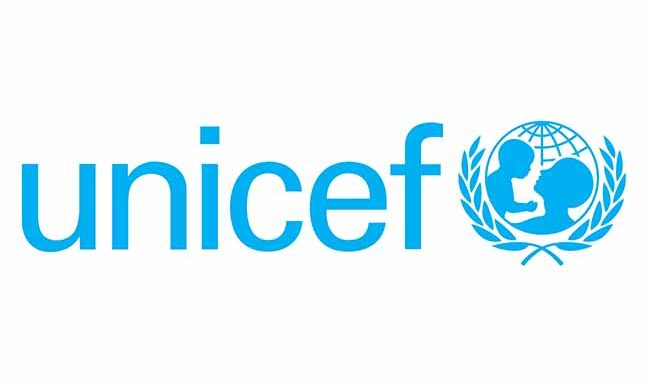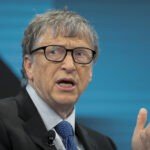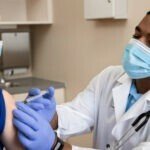While Sri Lanka is stuggling to procure 600,000 AstraZeneca doses needed for the second jab, the UNICEF yesterday (12) reported that the United Kingdom had a massive surplus of vaccines
UNICEF said that the UK should give away a fifth of its Covid vaccines to help poorer countries protect their citizens.
The British media reported that the UK has ordered 517million doses though it required around 160m to vaccinate all adults and give them booster jabs in the autumn, as planned.
Analysis by the UK arm of the United Nations Children’s Fund asserted that the country could have enough leftover doses to fully vaccinate 50m people – the population of Spain or South Korea.
And if all the vaccines currently in trials are approved this would soar to 115m, it said – almost double the population of South Africa.
Campaigners warned hogging vaccines and allowing the virus to continue spreading elsewhere would raise the risk of a new variant emerging and coming back to wreak havoc in Britain.
UNICEF said Britain could share 20 per cent of its current supply and still hit its goal of offering every adult a vaccine by the end of July.
It claimed the UK could reach the target by July 9 and sharing the doses would only push it back by 10 days.
‘Unless the UK urgently starts sharing its available doses to ensure others around the world are protected from the virus, the UK will not be safe from Covid,’ said UNICEF UK’s Joanna Rea.
Two thirds of adults in the UK have now had at least one vaccine dose and almost 18million are fully vaccinated.
Real-world data suggests the jabs prevent eight to nine out of 10 severe Covid cases, almost all deaths and also slash transmission of the virus by half
UNICEF estimated that Britain could give away 20 per cent of its projected available stock and still meet its target to give all adults their first dose of vaccine by the end of July.
But it is not clear how many vaccines the UK is currently sitting on because of commercial agreements to keep the figures private.
The only data provided is the number of doses of each jab that have been dished out — 28.5million of AstraZeneca, 19.5m of Pfizer and 100,000 of Moderna.
The charity warned that the success of the vaccination programme in the UK could be ‘reversed’ if supply is not shared.
Concerns have been raised that while the virus rages in other parts of the world there is more chance for new variants to emerge.
And experts have suggested that new variants could potentially escape the protection afforded by the vaccines.
UNICEF UK called on the Government and other G7 countries – Canada, France, Germany, Italy, Japan and the US – to start sharing vaccines through Covax from June.
Ms Rea said: ‘The UK has done a fantastic job in rolling out Covid vaccines to more than half of its adult population and we should all be proud of what has been achieved.
‘However, we can’t ignore that the UK and other G7 countries have purchased over a third of the world’s vaccine supply, despite making up only 13 per cent of the global population – and we risk leaving low-income countries behind.
‘Unless the UK urgently starts sharing its available doses to ensure others around the world are protected from the virus, the UK will not be safe from Covid-19.
‘Our vaccine rollout success could be reversed and the NHS could be fighting another wave of the virus due to deadly mutations.’
On Monday Professor Chris Whitty, chief medical officer for England, said the way to prevent or minimise the number of new variants is to ‘get on top of’ the pandemic globally.
And the World Health Organization said there was a ‘shocking disparity’ in access to Covid vaccines between rich and poor countries.
WHO director general Dr Tedros Adhanom Ghebreyesus told a press briefing: ‘The shocking global disparity in access to Covid vaccines remains one of the biggest risks to ending the pandemic.
‘High and upper-middle income countries represent 53 per cent of the world’s population, but have received 83 per cent of the world’s vaccines.
‘By contrast, low and lower-middle income countries account for 47 per cent of the world’s population, but have received just 17 per cent of the world’s vaccines.’
He added: ‘How quickly we end the Covid pandemic and how many sisters and brothers we lose along on the way, depends on how quickly and how fairly we vaccinate a significant proportion of the population and how consistently we all follow proven public health measures.’
nation





